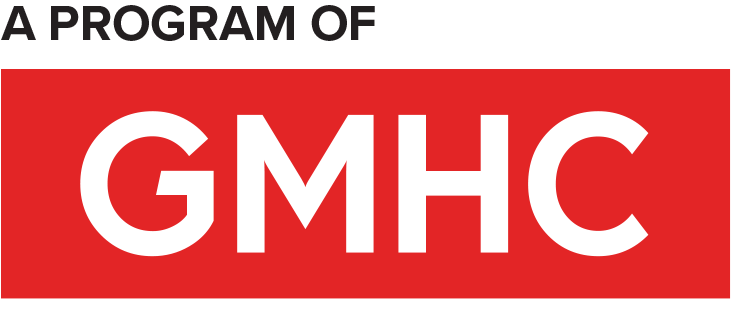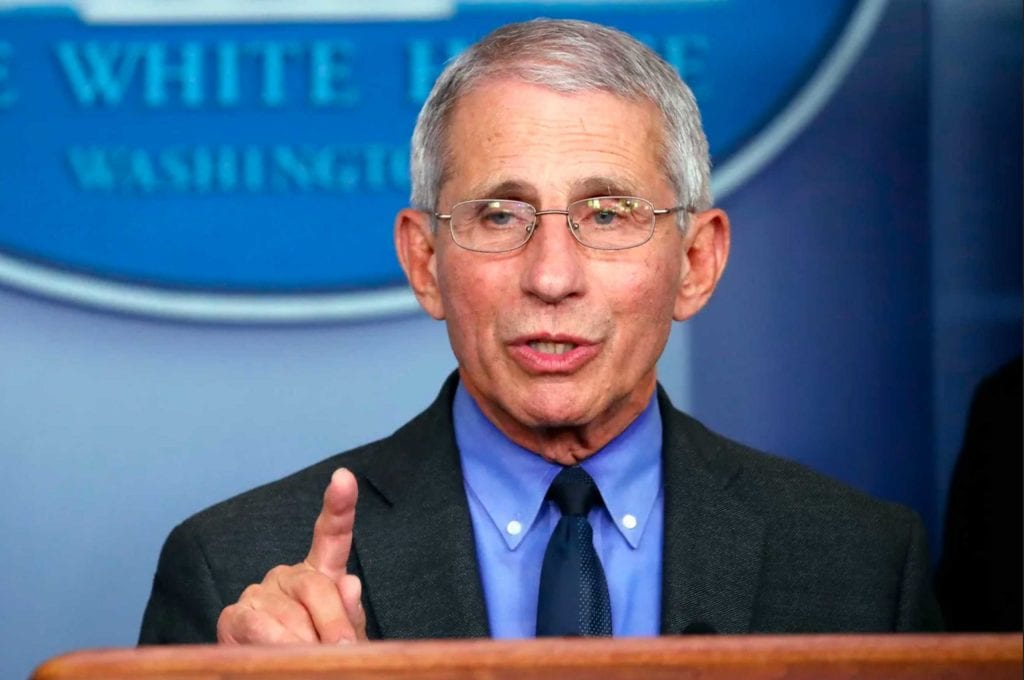Surviving Another Epidemic: COVID Impacts Older Adults with HIV
The National Resource Center on HIV and Aging sponsored its first National Webinar on September 17th, 2020. The keynote speakers were Dr. Anthony Fauci of the National Institute of Allergy & Infectious Diseases (NIAID) and Ron Johnson of AIDS United, followed by additional speakers. The webinar marked the 13th Annual HIV/AIDS and Aging Awareness Day, which is on September 18th.
Over 2,000 people registered for the National Webinar. Kelsey Louise, the GMHC CEO, provided opening remarks. After a brief overview of HIV and aging by Dr. Stephen Karpiak, Mark Milano, lead trainer at GMHC and ACT UP member since 1988, introduced Dr. Fauci. In his presentation, Dr. Fauci confirmed that ARTs do not protect against COVID-19. Additionally, older adults with HIV, like all older adults, are at increased risk for COVID-19 as they age. This risk is highest in older adults who exhibit heart conditions, diabetes, and cancer. These comorbidities occur at higher rates in older adults with HIV. In fact, as the burden of disease increases- which is often referred to as “multimorbidity”- so does one’s risk for COVID-19 infection. Dr. Fauci emphasized the need for more analyses of existing data, as well as research to better understand the risks for COVID-19 and how to optimally manage the health of those aging with HIV.
Dr. Fauci emphasized the need to take COVID-19 seriously, with nearly 30 million cases and 1 million deaths globally. Webinar attendees should be aware of the data that shows increases in COVID-19 infections following efforts to reopen businesses and schools. Since the USA never achieved low baseline levels of COVID infection, as a consequence, when communities reopened there were surges of new cases. These increases are expected again, especially with winter approaching and people spending more time indoors as a result.
Keynote speaker Ron Johnson provided a summary of the status and emerging needs of the older adult with HIV in his presentation entitled HIV and Aging: From Awareness to Action. He emphasized the need for restructuring the Ryan White Care Act so that it is more aligned and responsive to the still-evolving needs of the older adults with HIV who dominate the HIV epidemic in the USA. We must also shift prevention efforts to include the older adult population given that 14-18% of all new HIV diagnoses occur in people over the age of 50.
Dr. Mark Brennan-Ing’s Social Isolation Among Older Adults with HIV: Implications for the COVID-19 Pandemic focused on the need to build resilient, supportive social networks to combat the endemic social isolation that characterizes the older adult living with HIV. Dr. Margaret Danilovich’s Why Being Active is the Single Best Thing You Can Do to Age Well with HIV focused on the importance of physical activity. She provided several examples of accessible exercises and personal goals. Dr. Ina Park’s Sex, Seniors, and STIs presentation illustrated the importance of combating the myth that older adults are not having sex. They are also at risk for all STIs, including cervical and anal cancers. In turn, sexual health is important for all ages. Mark Milano provided an update of new HIV medications and those in the pipeline as part of his HIV Treatment Update presentation. The last hour of the webinar was entitled The Geriatricians are IN. Three geriatricians, Drs. Meredith Greene, Eugenia Siegler, and Jonathan Appelbaum provided insights into why geriatric care is appropriate for many older adults with HIV. They described the role of the geriatrician and what geriatricians can offer in detail. The panel also reviewed common co-occurring conditions, especially the challenges of multimorbidity management and the related risks of polypharmacy for older people living with HIV/AIDS.
View the webinar here.


